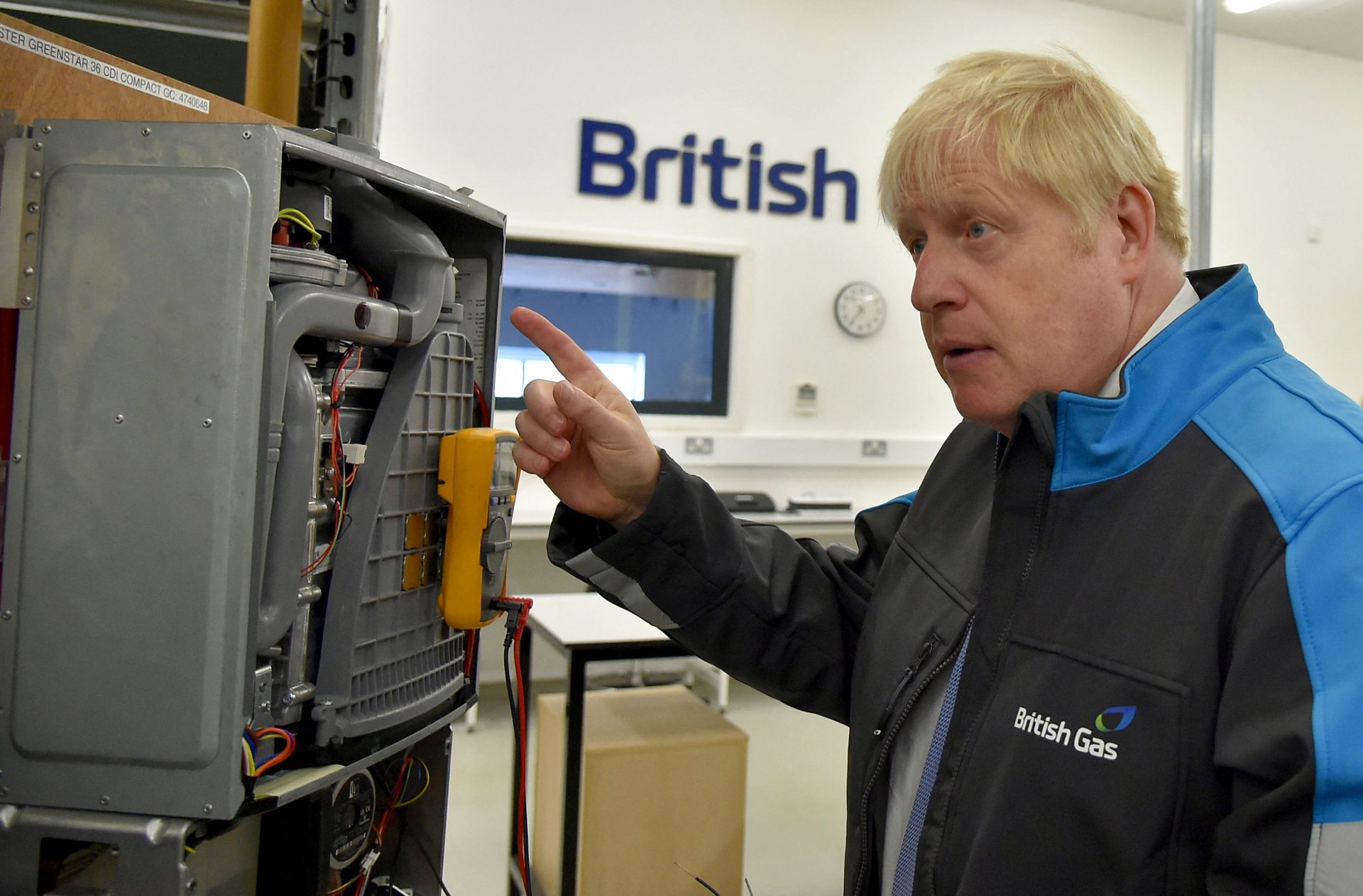It has been a gloomy week on the sunlit uplands of sovereign Britain, where the country’s gas fires are being turned down to ‘miser rate’ to lessen the impact of huge price hikes.
Though Boris Johnson is blaming the rises on the impact of global industry “waking up from pandemic shutdowns”, that is mere gaslighting when there are Brexit-shaped reasons that Britons are now paying much more than the rest of Europe.
Electing to quit the EU’s internal energy market means we are no longer part of a network that allowed us to buy cheaper power in times of need – like now, when renewable energy sources are compromised by low amounts of sun and wind – and put back into the system when we produced excess capacity.
It also means higher prices for the 12% of UK gas consumption that comes from the EU via interconnectors from France, Belgium, the Netherlands in Ireland. There are even concerns that if the crisis deepens, those countries might prioritise EU supplies under a so-called ‘solidarity principle’, leaving Britain literally out in the cold.
Meanwhile our food supply chains – already reeling from the HGV and crop picking crises, both partly caused by you-know-what – face more knock-on damage. Supermarkets now expect shortages of frozen food because of a shortage of carbon dioxide, which is also used in abbatoirs as part of a process to stun animals before slaughter.
It adds new embarrassment for Johnson, who promised in 2016 that “fuel bills will be lower” if the UK voted Leave. So what’s to be done?
Perhaps the PM’s love of imperial measures could extend to currency, and the next round of gas bills be delivered in pounds, shillings and pence. That way, consumers will join the government in not having a clue about what’s going on.
Warning: Illegal string offset 'link_id' in /mnt/storage/stage/www/wp-includes/bookmark.php on line 357
Notice: Trying to get property 'link_id' of non-object in /mnt/storage/stage/www/wp-includes/bookmark.php on line 37








